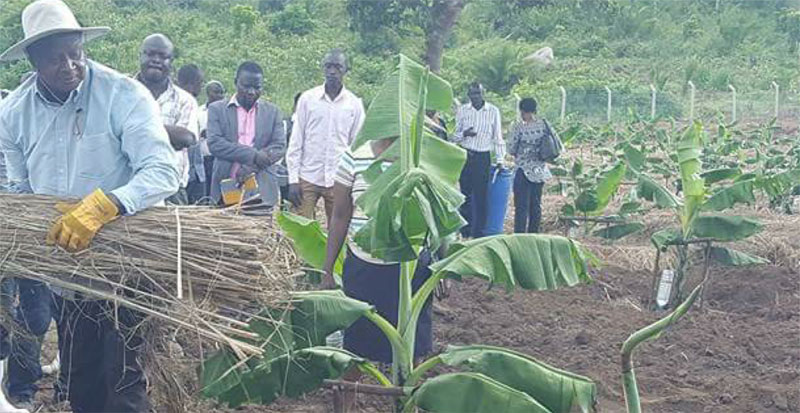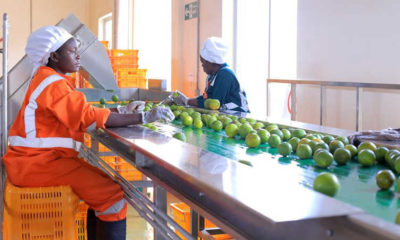Editorial
Time to undertake agricultural reform
The government of President Museveni has implemented over a dozen interventions into the agricultural or rural development sector since coming to power 31 years ago, but with little success.
The outcome of these failures are all too clear to everyone; rising income inequality, worrying levels of unemployment, recurrent food shortages and the attendant health problems such as malnutrition, rural urban migration and environmental destruction in search of land for cultivation etcetera.
Admitting there are challenges is not a sign of weaknesses. We must as a country face the reality and change course so as to stem the disastrous effects of poverty arising from the effects of climate change on agricultural production. If there is any single biggest lesson to be learned over the past three decades, is that agriculture and farmers in particular can no be left to their own devices. Agriculture is of strategic national importance and affects every aspect of our society – including security.
One of the new approaches must include a robust plan on irrigation to ensure that farmers stop depending on rain for production. President Museveni has talked about delivering bulk water and keeping it in dams in some places in Luwero, as a way of moving from bottle-drip irrigation.
But this plan should be developed further to ensure that serious planning for resources is done such as developing a durable water and storage infrastructure.
The role of leadership at the community level is critical to ensure that the water resource is equitably utilised and not abused by the few powerful individuals. This could be achieved through a transparent community owned carrot and stick approach that rewards and punishes increased or reduced productivity respectively per unit cubic meter of water and other subsidized inputs for farmers.
But water and other inputs alone will not be a magic bullet that will suddenly lead to into increased output. The government has to make other reforms to ensure that other sectors of agriculture, right from its civil servants in ministries and research organisations are held accountable for the tax payers investments they receive.
This for example calls for dismantling the ineffective crop and animal protection department and replacing it with an effective policing agency that will weed out fake inputs from the market, to ensure that farmers access only quality and affordable inputs such as high-yielding drought-tolerant and disease resistant varieties, fertilizers, and chemicals.
Other countries like Kenya have achieved this by ensuring that cooperatives work. With their revival, several services will be made easy such as planning for production, effective extension services, measuring inputs and outputs as well as supporting farmers to access better paying markets through value addition.
Cooperatives will further make it easy to address another key aspect of helping farmers to obtain storage facilities for grain and cold storage for fresh produce or other derived products such as pulp from fruits.
Everyone must know that these investments will require not just more money to be diverted from roads towards major water infrastructure for meaningful outcomes, but also a mindset change at all levels of our society.
We must embrace science if we are to achieve the desired increase in productivity on the existing land by getting better yielding and resilient crop and animal varieties. Above all, agricultural interventions, must have at their core a mindset change among the youth to participate in production.
Comments



















